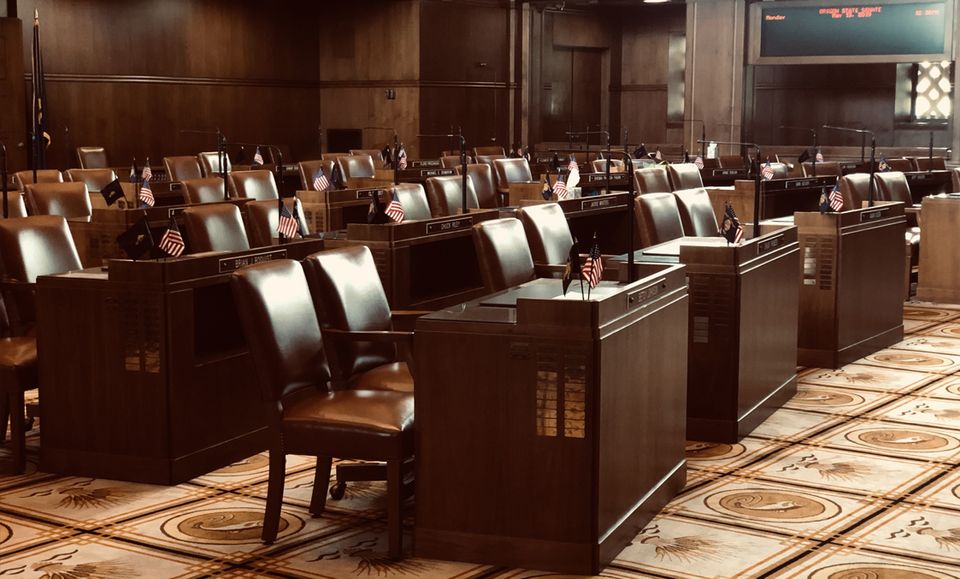Oregon Lawmakers Return to Salem for Third Special Session

Oregon lawmakers will return to the Capitol on Monday to convene for their third special session of the year to continue addressing the state’s response to the coronavirus pandemic and historic wildfire season. This special session comes after several weeks of negotiations around the scope of legislative actions achievable in a special session with the regular session only four weeks away.
On Tuesday, Gov. Kate Brown announced she would call the legislature into a special session focusing on relief for renters and landlords, vaccine distribution and contact tracing, wildfire preparedness, and support for reopening schools. The legislature responded by forming a special session committee and introducing four legislative concepts in advance of the session:
- Allowing restaurants to sell cocktails to-go and limiting fees charged by food delivery platforms (LC 10)
- Extending the state’s eviction moratorium to June 2021 and creating a new fund providing financial assistance to landlords (LC 18)
- Granting liability protections for public schools following the state’s COVID-19 emergency rules (LC 21)
- Allocating $600 million to the Emergency Board (LC 28)
On Thursday, the Joint Committee on the Third Special Session held a three-hour virtual hearing to receive public testimony on the released proposals. The committee also scheduled another hearing for Saturday. Thus far, much of the testimony focused on concerns over the housing proposal, with renters and landlords drawing attention to their dire financial situations. Additionally, House Democrats issued a press release calling for the legislature to expand the scope of issues for the special session. The release identifies proposals to increase the state’s supply of personal protective equipment, enact policing reforms, and raise taxes on some higher-income individuals and businesses.
The legislature also completed its final round of interim hearings before the next regular session. In normal times, the legislature would convene in the Capitol for three marathon days of committee hearings to receive briefings on proposals for the upcoming session. However, due to technology constraints limiting the number of simultaneous remote hearings, the legislature extended its schedule to span two weeks. Among the many topics discussed during the hearings were significant reforms to the state’s recycling system, employee and independent contractor classifications, and campaign finance laws. These proposals are only the tip of the iceberg for the session and many more high-profile measures will surface in the weeks ahead as the legislature nears the beginning of its session.





